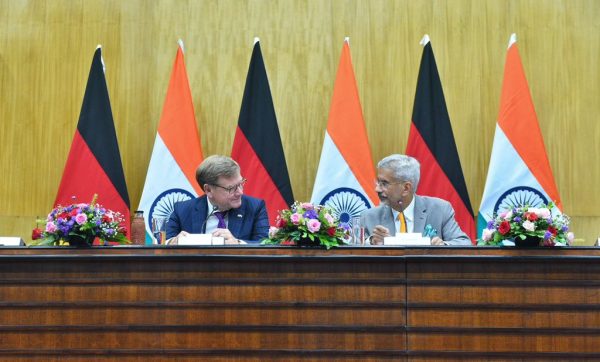By Geoff Percival,Stephen Aherne
Copyright ittn

Energy giant BP – via its aviation fuel wing, Air BP – has successfully led a taskforce to achieve approval from the UK Ministry of Defence for co-processing Sustainable Aviation Fuel (SAF) with up to 30% renewable hydroprocessed Esters and Fatty acids HEFA feedstock concentration, a significant increase from the current limit of 5%. This standard is now approved for the production of JetA1, globally.
The Defence Standard milestone was achieved through collaboration with industry stakeholders, including OEMs, IATA, fuel producers and airline companies, to help lower lifecycle carbon emissions in the aviation sector. Co-processing is a method where vegetable oils, waste oils and fats, or similar sustainable feedstocks are processed along with conventional feedstocks in existing refineries. It is a SAF production method that can be activated quickly and use existing fuel distribution infrastructure, important especially during the early scale-up of SAF.
This achievement allows bp and other fuel producers to accelerate SAF production at higher concentrations using existing refinery process units. Refinery co-processing is a crucial step towards reducing aviation industry emissions. bp already produces SAF via co-processing at our refineries, and plans to increase its renewable feedstock content from 2025 onwards.
BP said it continues to support ambitious and long-term policy mechanisms and collaborates with industry and government to explore options for scaling up SAF production more broadly.
Federica Berra, senior vice president, Air bp, said:
“Defence Standard approval for co-processing SAF is a significant milestone for the industry, and I’d like to thank our partners for their support and input in achieving this. Co-processing produces high-quality fuel that meets stringent aviation standards, while helping to increase the volume of SAF available to customers.”
Marie Owens Thomsen, IATA Senior Vice President Sustainability and Chief Economist:
“This is a long-awaited and welcome development that will bring immediate results. Co-processing is possible with only limited additional capital investments, and it should be maximised — the example of bp and the UK Ministry of Defence is one we wish many countries and SAF producers will follow.”
The inclusion of co-processing into the aviation fuel standard, Def Stan 91-091, continues to build on the work done by MOD to reduce the carbon footprint of Defence by increasing the availability of SAF, which has been used for routine operations from RAF Lossiemouth since 2024.
This project is the result of a three-year program of work at BP’s Bochum technology centre, utilizing pilot plant and analytical testing facilities to develop these capabilities. The project involved synthesizing data and engaging with stakeholders, including OEMs, IATA, fuel producers, and airline companies and is a great example of what can be achieved when the industry works together.



